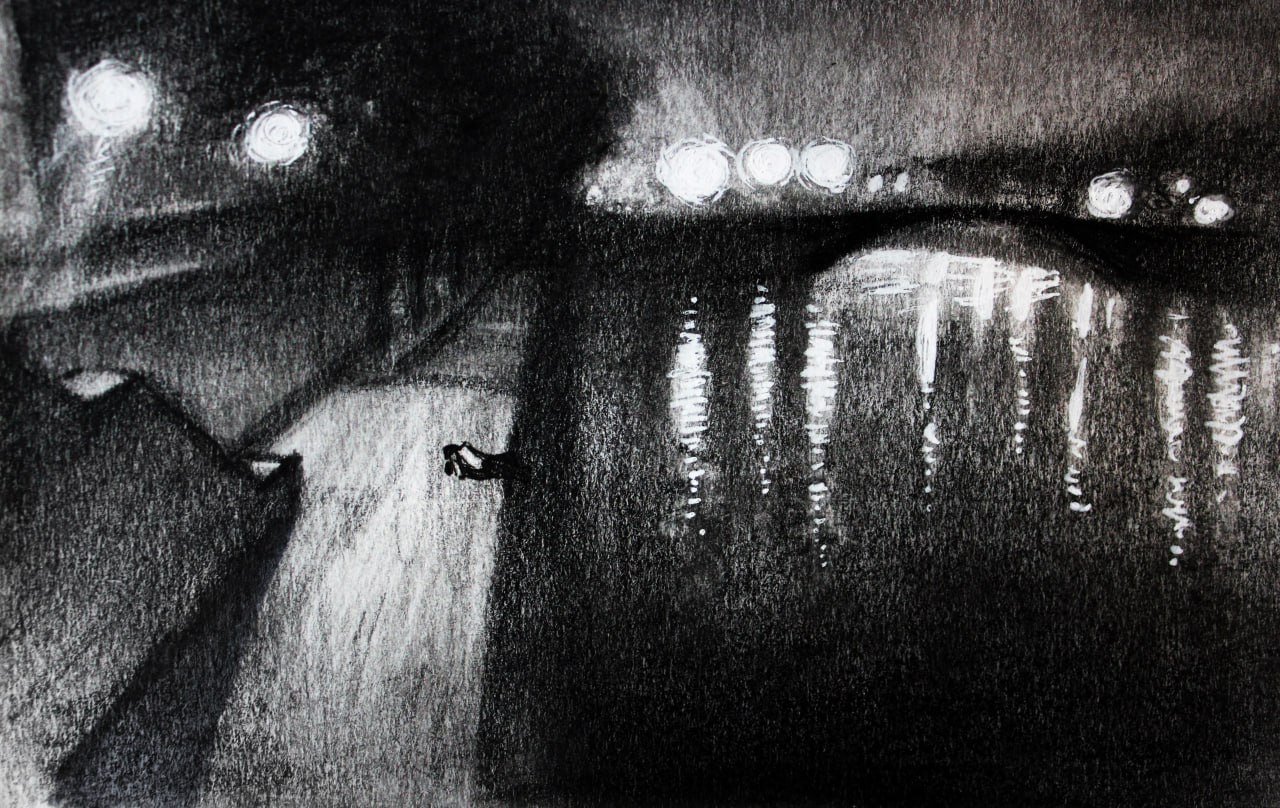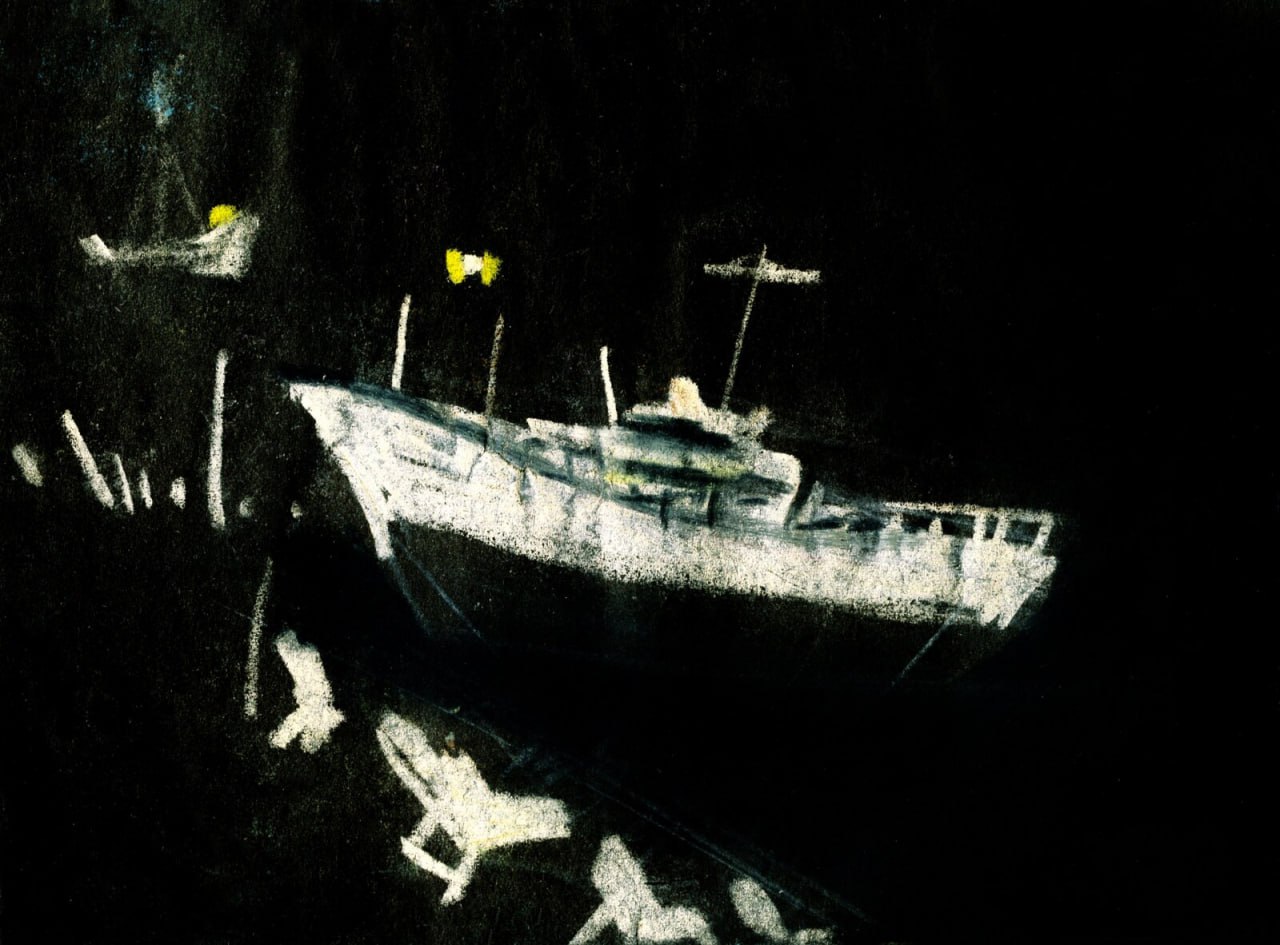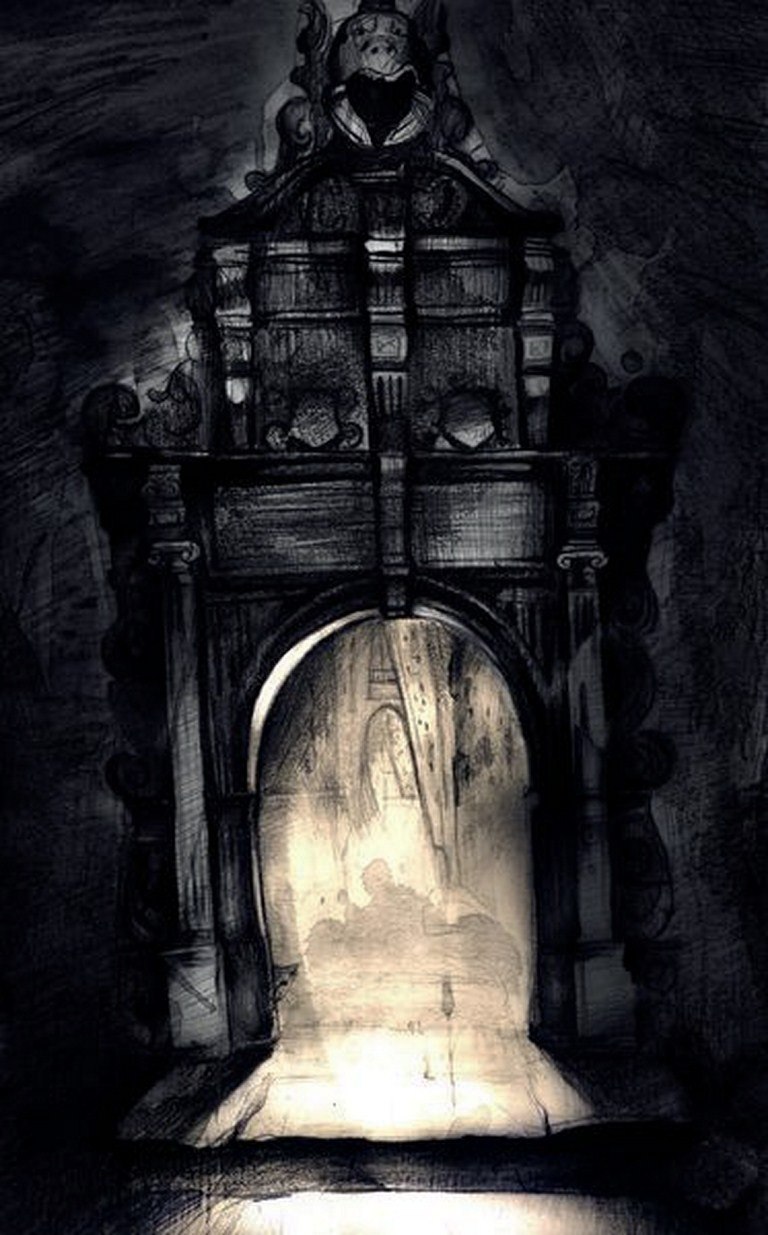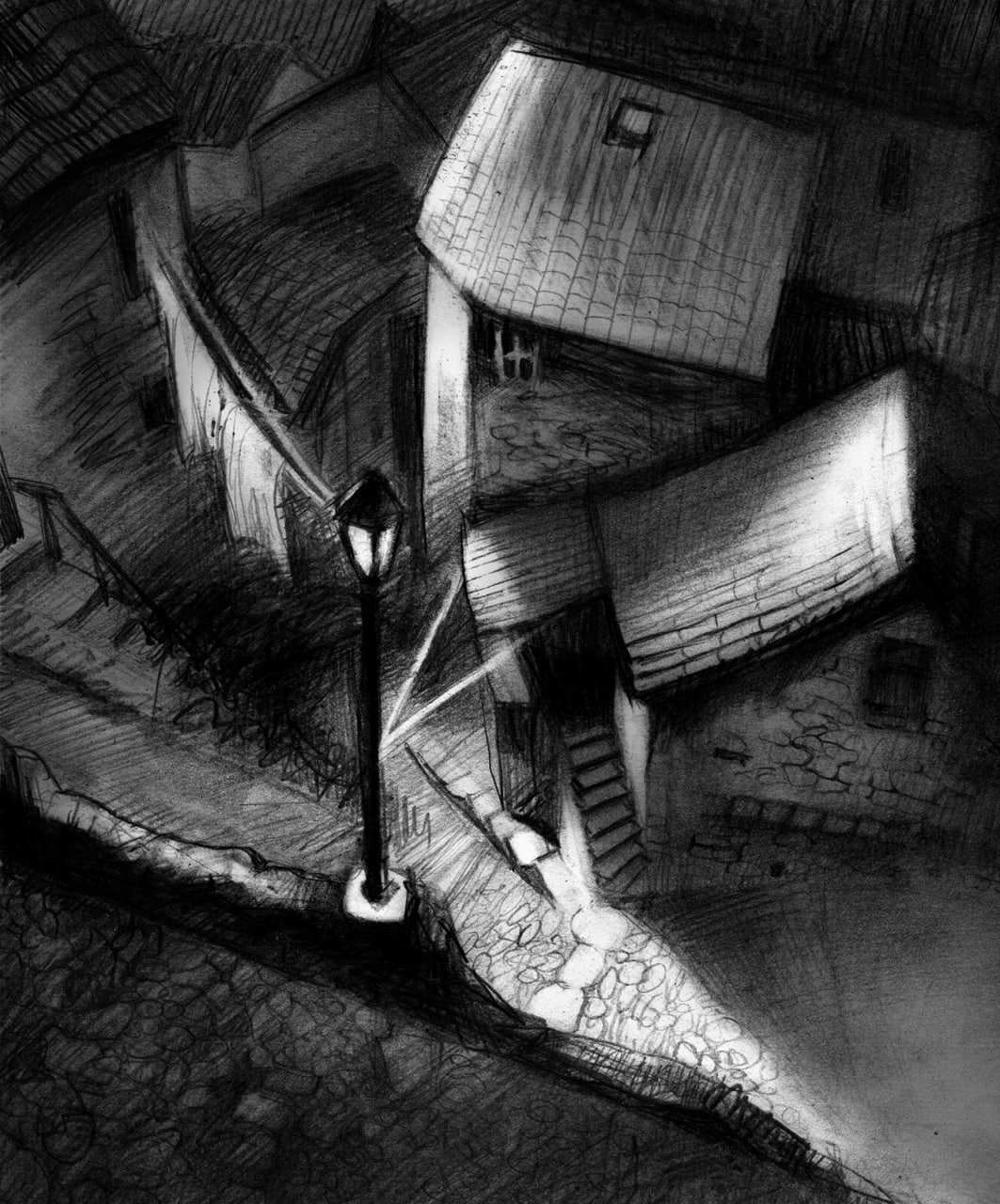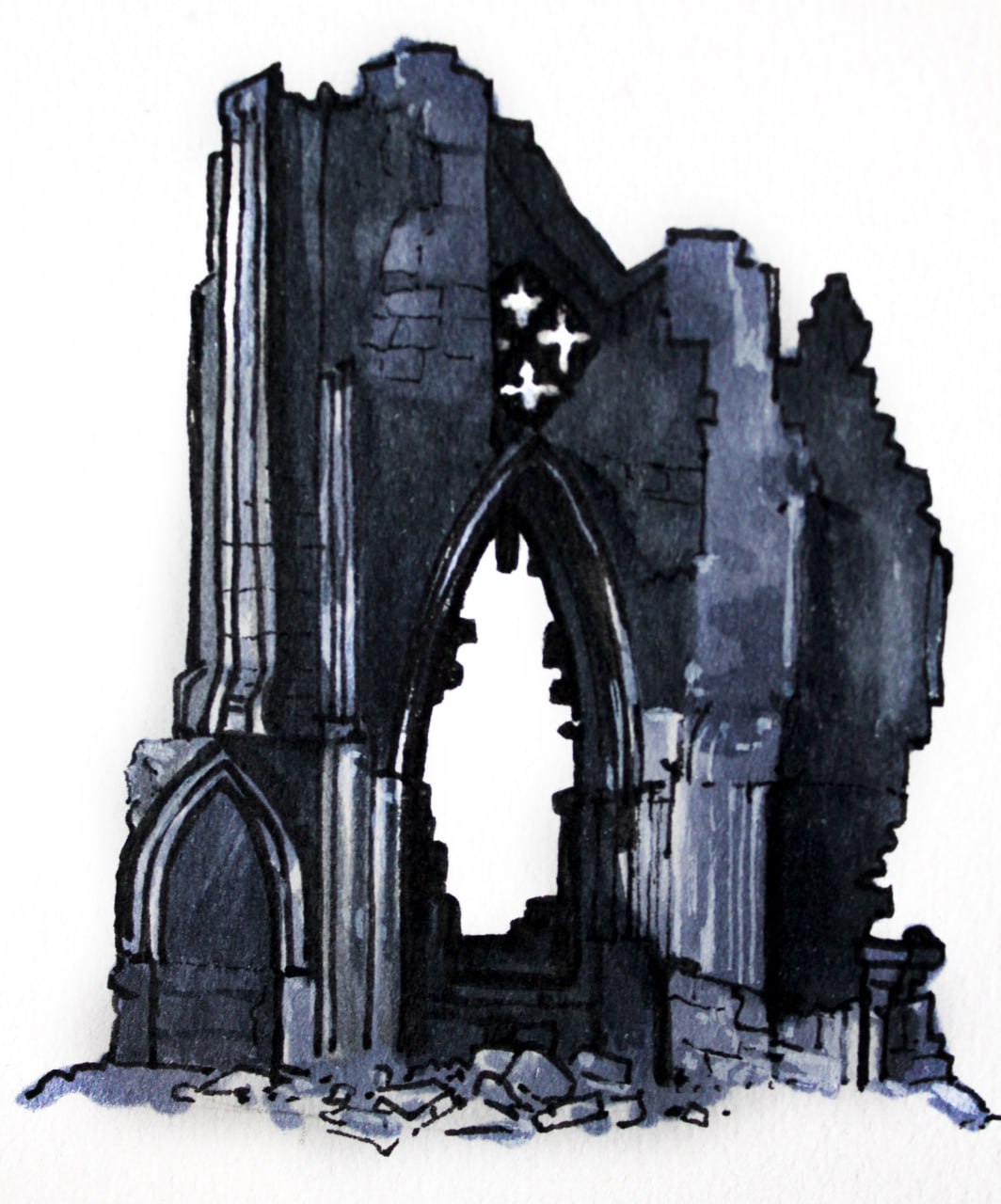
Part 2
Nighttime Marseille
Everything was supposed to be simple—meet a friend, swim in the Mediterranean, soak up that fabled romance. Instead, I ended up on another continent, straight in America. But that came later.
For now, I just wanted to reach the city before nightfall. If I didn’t, trouble would start—spending the night on the street would be the least of my worries. I pictured it vaguely: the sea, wine, maybe a couple of “bonjours” shouted in the air. Reality, as usual, had other plans. The journey was a true ordeal. From Cologne to Luxembourg, every hour dragged like an eternity. The road seemed endless. Time crawled, as if deliberately slowing my path. Then the French border—more time, more train cars. And I needed to get to the far south. I rushed, counting the minutes. Night fell before I made it. The train rolled into the city as darkness blanketed the streets. I was too late.
Stepping off the train, I began to realize the dangerous situation I’d landed in. Marseille opened its jaws of darkness before me, and the further I walked toward my hotel, the deeper I sank into its depths. Each step pulled me further into the heart of darkness, to the edge of the city center, where abandoned houses and ruins whispered forgotten secrets. Beyond that lay the Arab quarter—a place where laws fell silent, police dared not tread, and murders and robberies of tourists were just a way to pass the evening. I didn’t know my hotel was there. No one warned me I’d booked a stay in the embrace of darkness.
The city was a strange cocktail—French polish mixed with the Arab whisper of the East, modern high-rises jutted up beside grim medieval alleys, and the elegant 19th-century Haussmannian facades, elegant and majestic, drowned in piles of trash. The streets lay silent, empty except for the homeless gliding along walls like shadows that had lost their way. I stepped into this world, and it crashed over me—scents, colors, everything so far from the familiar Germany and Ukraine. And I liked it—this blend of mystery and danger, the sheen of modern life mingled with the spirit of ancient Massalia.
The streets, dimly lit by lanterns, seemed endless, and the shadows of old buildings stretched toward me, as if trying to drag me into the void. I wandered through a labyrinth of medieval alleys until I reached the night port. It was the only lively corner of the city, where the crowd gave an illusion of life. Throngs of people milled about — chatting, laughing, not even noticing they could get shanked or mugged just a few steps away. The city drew them like a magnet, and they pushed their way forward, heedless of the risk of losing their wallet or their breath. The port was strewn with countless boats and yachts, their masts rising like a gnawed forest, while the old buildings around stared with windows—black, empty, like eye sockets that had swallowed the light. I looked up, and above it all, on a hill overlooking the maze of streets, stood the Basilica of Notre-Dame de la Garde, its golden Virgin Mary glimmering in the night like a star that beckons but doesn’t save. Darkness enveloped the streets, heavy, almost tangible, while the basilica glowed faintly in the distance, like a promise about to dissolve. It was all so mysterious that I nearly forgot how easily one could vanish here forever.
I’d missed the hotel—it wouldn’t open until morning. Now all I could do was keep wandering the city, slowly making my way toward it. After the center, I decided to head in its direction, weaving through nighttime Marseille. The air still carried the last echoes of summer—warm, but not the stifling heat of July, with a slight dampness that clung to the skin. I thought it would be a simple nighttime stroll—the center would give way to modern high-rises, old architecture would melt into concrete boxes, and somewhere among them would be my hotel, beckoning like a mirage. But I was wrong.
The center ended abruptly. Then came the quarter—the one guidebooks don’t mention. Here, reality seemed to fracture. The city lay dead—empty, lifeless, full of ruins and abandoned buildings. Streetlights didn’t work; their rusted poles jutted up like tombstones, and light seeped from nowhere, gray and sickly, picking out fragments of reality as if someone were tearing a photograph of the world. A menacing silence choked the air, so thick I could hear my own breathing like it belonged to someone else. The air was damp, laced with a metallic tang, as if the nearby sea and port had infused it with rust. The wind blew steady, too smooth, almost frozen. Abandoned houses stood grinning with windowless voids, their cracked walls resembling faces if you glanced sidelong. And there, among these ruins, hid my hotel—dark, like another ghost of the quarter.
